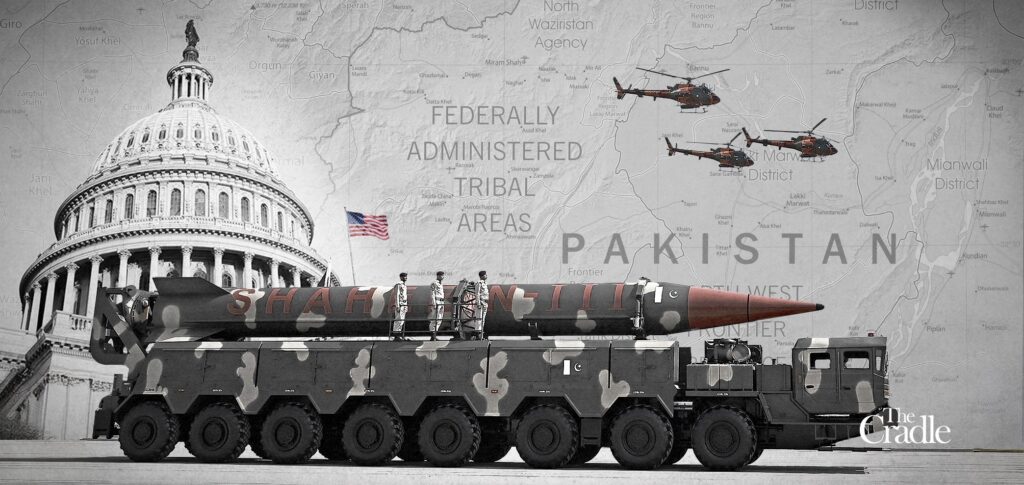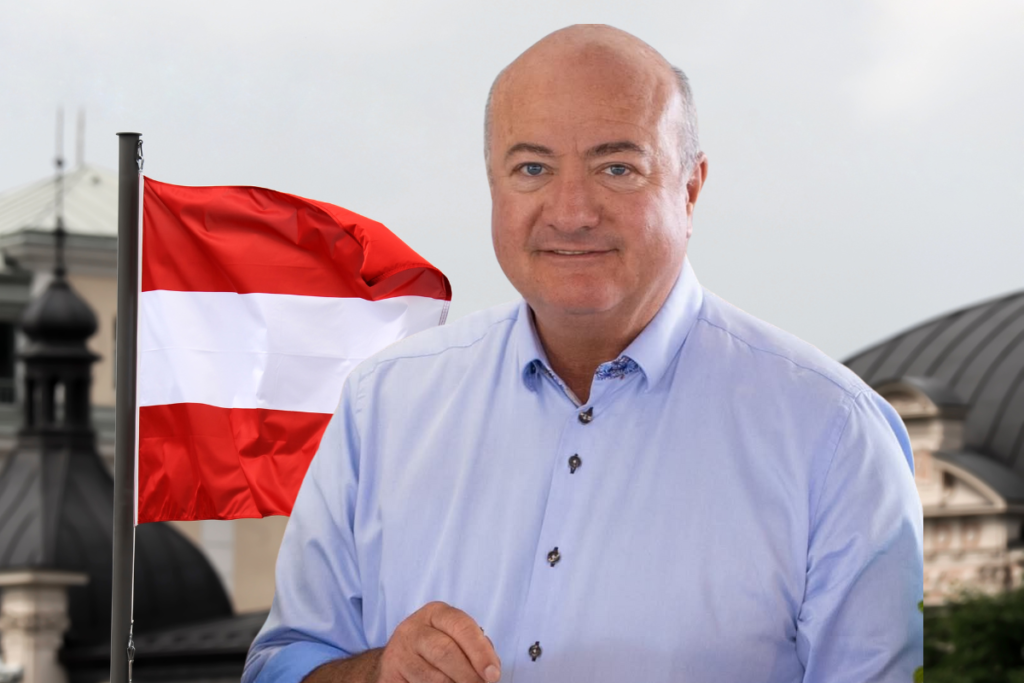A newly surfaced Trump administration memo is directing the U.S. Agency for International Development (USAID) to adopt an “America First” framework when assessing foreign aid allocations. The guidance, revealed on Monday, is a reflection of the administration’s broader policy to prioritise national interests over global commitments.
The internal document outlines a shift in USAID’s operational priorities, emphasising that aid programs must demonstrably benefit American taxpayers. While foreign aid traditionally aims to address global challenges like poverty, education, and disaster relief, the memo suggests future funding will hinge on whether such efforts align with U.S. geopolitical goals and economic interests.
In the memo, senior officials justified the change as a necessary recalibration to ensure accountability. “American generosity is unparalleled, but our citizens have a right to know their hard-earned dollars are being used efficiently and effectively,” the document read. “Our focus must be on advancing the United States’ strategic and economic objectives.”
Critics argue the policy undermines the core mission of USAID, which has long been rooted in humanitarian principles. “This approach weaponises foreign aid, turning it into a tool for political leverage,” said Sarah Jacobs, a foreign policy analyst. “It risks eroding the goodwill and trust that American aid has fostered globally for decades.”
The “America First” doctrine has been a hallmark of President Trump’s foreign policy, influencing decisions ranging from trade agreements to NATO funding. Supporters argue that this paradigm ensures resources are used responsibly, particularly amid growing fiscal challenges at home.
However, aid organisations and human rights advocates warn the move could have dire consequences for vulnerable populations worldwide. Programs supporting health care, clean water access, and education in developing nations could face severe funding cuts if they fail to meet the new criteria.
Among the potential casualties are projects in sub-Saharan Africa and South Asia, regions heavily reliant on U.S. aid to combat poverty and public health crises. Experts suggest that withdrawing support from these areas could destabilise communities, leading to unintended consequences such as mass migrations or increased regional conflicts.
The directive comes amid ongoing debates over the role of foreign aid in U.S. diplomacy. Advocates of increased funding argue that such investments not only address moral imperatives but also bolster America’s global standing.
Conversely, skeptics claim that aid has often been mismanaged, benefiting corrupt governments or failing to achieve measurable results.
For USAID employees, the memo signals a potential overhaul of how aid programs are evaluated and implemented. Insiders describe a growing tension within the agency as officials attempt to reconcile the administration’s demands with their commitment to humanitarian ideals.
“This is a pivotal moment for USAID,” said an agency official, speaking on condition of anonymity. “Our mission has always been to help those in need, regardless of political or economic considerations. Balancing that mission with this new directive will be a significant challenge.”
The memo also underscores the Trump administration’s broader skepticism of multilateral institutions. In recent years, the U.S. has withdrawn from or scaled back commitments to organisations like the World Health Organization (WHO) and the Paris Climate Agreement, citing concerns over financial accountability and perceived anti-American bias.
The reorientation of USAID’s strategy could ripple across international development efforts. Analysts warn that other donor nations may follow suit, prioritising their own interests over collective goals. Such a trend could complicate global efforts to address pressing issues like climate change, food insecurity, and pandemic preparedness.
Despite the controversy, the administration remains steadfast in its position. In a statement, USAID Acting Administrator John Barsa defended the policy as a reflection of the administration’s priorities. “This is about accountability, efficiency, and putting America’s interests first,” he said. “It’s what the American people expect and deserve.”
As the 2024 election cycle heats up, the “America First” memo is likely to become a talking point in debates over U.S. foreign policy. Proponents argue it showcases the administration’s commitment to fiscal responsibility, while critics contend it signals a retreat from America’s role as a global leader.
While the long-term implications of the directive remain uncertain, one thing is clear: USAID is entering uncharted territory, caught between its traditional mission and the demands of a changing political landscape. For the millions who depend on its programs, the stakes could not be higher.



